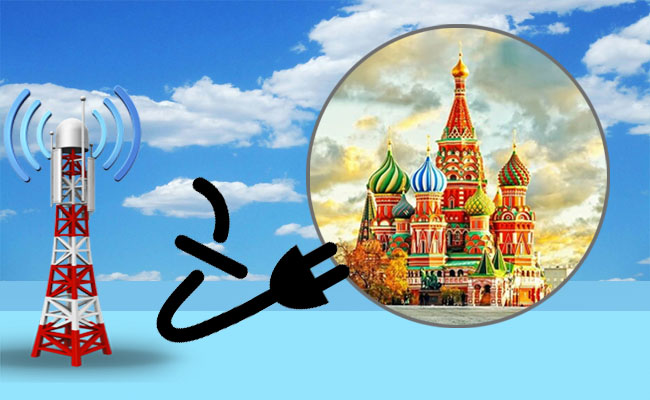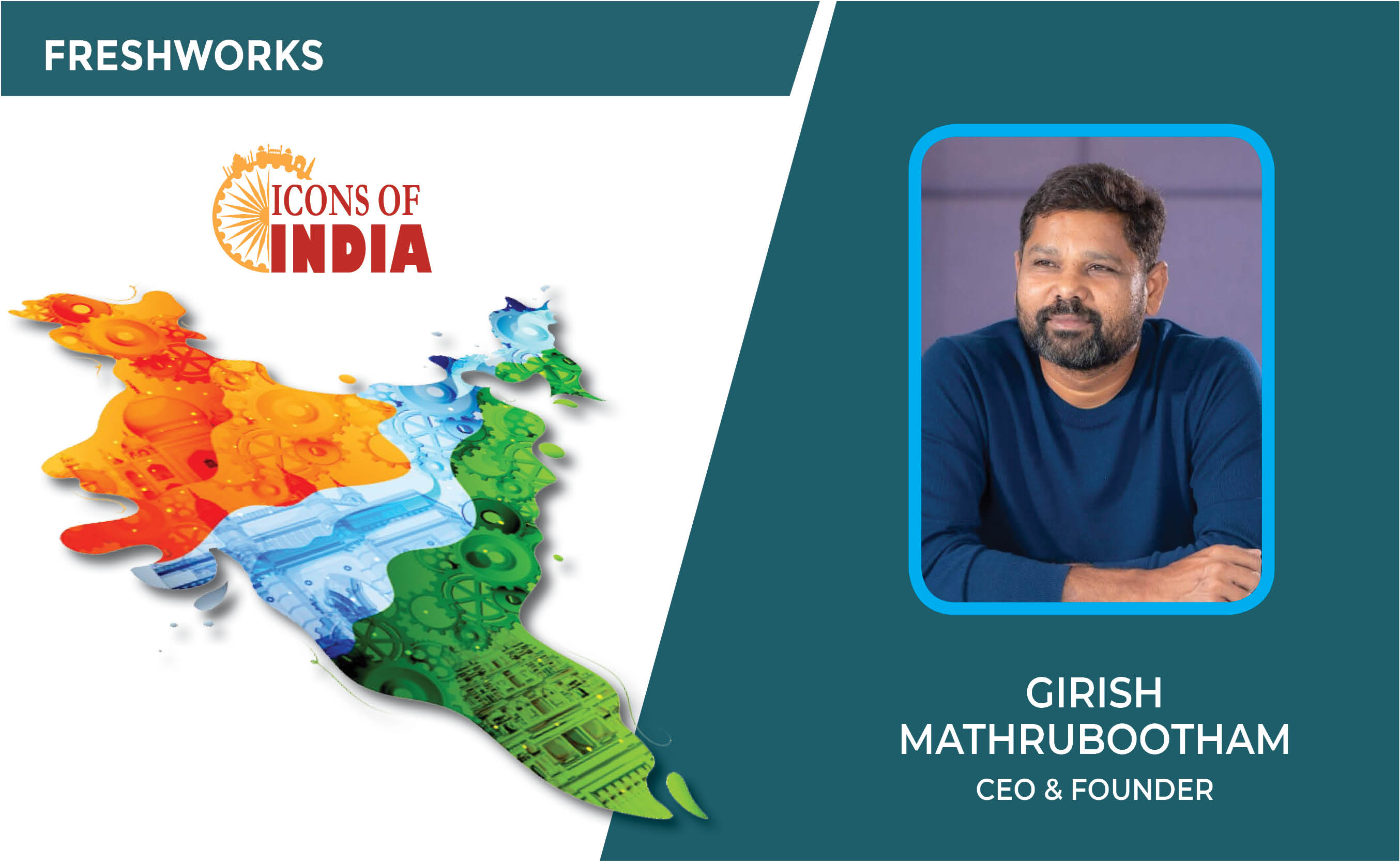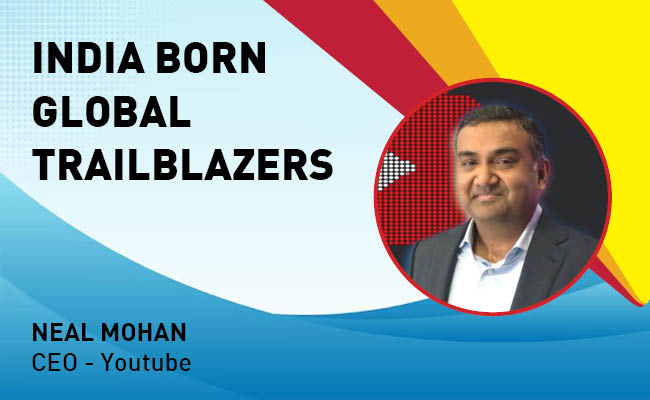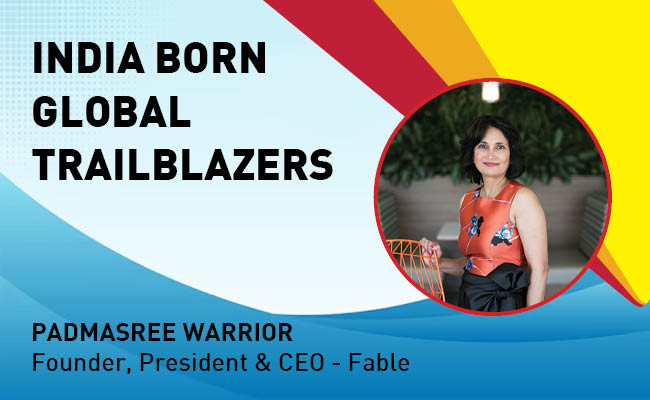Why Moscow Disconnecting From the Global Internet?
By MYBRANDBOOK

Russia has decided to cut itself off from the rest of the internet - temporarily. According to a report on the Russian news site RBC, the planned disconnection is intended to analyse the country’s preparedness to see how Russia’s internet infrastructure would operate should the country be cut off from the rest of world digitally to protect Russia from external threats and to strengthen the cyber defence capabilities. However, the critics worry that it would facilitate censorship.
Under the draft law, all internal internet traffic would be carried within the country’s own networks. Any traffic that leaves Russia would be forced to go thorough registered exchange points, subject to regulation by the state communications regulator Roskomnadzor. Thde fact is creation of independent internet is to secure their own country like as we protect our national border,so as we are protecting own citizens from cyber warfare.
This is the impact of Great Firewall of China to restrict the access of the country’s internet users to content deemed harmful by the authorities and this attracts the idea of creation of a Russian intranet.
About, the Great Firewall of China (GFW) is the combination of legislative actions and technologies enforced by the People's Republic of China to regulate the Internet domestically. Its role in the Internet censorship in China is to block access to selected foreign websites and to slow down cross-border internet traffic. The effect includes: limiting access to foreign information sources, blocking foreign internet tools (e.g. Google search, Facebook, Twitter etc.) and mobile apps, and requiring foreign companies to adapt to domestic regulations. Besides censorship, the GFW has also influenced the development of China's internal internet economy by nurturing domestic companies and reducing the effectiveness of products from foreign internet companies.
The 29-nation NATO alliance recognized cyber as a domain of warfare, along with land, air and sea, in 2014, but has not outlined in detail what that entails.
The policy under the Digital Economy National Program. The purpose is to ensure that Russian internet service providers can continue to operate should the country be sanctioned by foreign powers. As it currently stands, the root servers for the domain name system - the system that lets you type in google.com instead of an IP address - are all located outside of Russia, though copies of the DNS exist locally should access be cut off.
The draft law also stipulates that domestic traffic should be routed through Russia’s telecoms regulator, Roskomnadzor. Officials want to route 95 percent of all internet traffic locally by 2020, drawing analogies to China’s Great Firewall, an aggressive internet-traffic monitoring program.
Experts, say Russia is planning the next step in making the country independent from the West, at least in cyberspace: Moscow wants to install its own root servers.
The most Russian internet companies are supportive of the regulations, but worry that the preliminary test will cause major disruptions. The test, supposedly slated for some time around April 1, comes as Russia faces a growing international outcry over its efforts to disrupt other political events through coordinate information operations. Social-media companies like Facebook and Google have been investing heavily in trying to weed out deceptive accounts run by so-called “troll farms.” As reported by ZDNet.
Unlike, Washington already has cyber weapons, such as computer code to take down websites or shut down IT systems, and in 2011 declared that it would respond to hostile cyber acts. The United States, Britain, Germany, Norway, Spain, Denmark and the Netherlands are drawing up cyber warfare principles to guide their militaries on what justifies deploying cyber-attack weapons more broadly, aiming for agreement by early 2019.
The future of the internet will be shaped by a handful of American tech leaders including Google, Apple, Facebook, Amazon and Chinese tech titans such as Tencent , Alibaba and Baidu. Today, around 90% of internet searches are via Google, and Just 1% of smartphones use an operating system that isn’t iOS or Android – made by Apple and Google. Facebook, YouTube, Google and Twitter pose a problem to society because of data misuse and extreme content. Every country is coming up with their strong Data Privacy and enforcement law to protect their netizens and assets of the country and there has to no compromise on it, if they really want to secure the country and citizens.
Lastly, if every country will bring their own internet services to protect their geography, most likely, the cybercrime will be fully controlled. Also, the think tanks feel that the monopoly of the tech lead countries could not influence further and cost for acquiring likes, visibility in social media and cost for making news/video viral to come down drastically.


Legal Battle Over IT Act Intensifies Amid Musk’s India Plans
The outcome of the legal dispute between X Corp and the Indian government c...

Wipro inks 10-year deal with Phoenix Group's ReAssure UK worth
The agreement, executed through Wipro and its 100% subsidiary,...

Centre announces that DPDP Rules nearing Finalisation by April
The government seeks to refine the rules for robust data protection, ensuri...

Home Ministry cracks down on PoS agents in digital arrest scam
Digital arrest scams are a growing cybercrime where victims are coerced or ...


Icons Of India : ASHISH KUMAR CHAUHAN
Ashish kumar Chauhan, an Indian business executive and administrator, ...

Icons Of India : Girish Mathrubootham
Girish Mathrubootham is the Founder of Freshworks (previously known ...

Icons Of India : ALOK OHRIE
Alok Ohrie leads Dell Technologies’ India business, overseeing Sales...


HPCL - Hindustan Petroleum Corporation Ltd.
HPCL is an integrated oil and gas company involved in refining, market...

NPCI - National Payments Corporation of India
NPCI is an umbrella organization for operating retail payments and set...

DRDO - Defence Research and Development Organisation
DRDO responsible for the development of technology for use by the mili...


Indian Tech Talent Excelling The Tech World - Steve Sanghi, Executive Chair, Microchip
Steve Sanghi, the Executive Chair of Microchip Technology, has been a ...

Indian Tech Talent Excelling The Tech World - NEAL MOHAN, CEO - Youtube
Neal Mohan, the CEO of YouTube, has a bold vision for the platform’s...

Indian Tech Talent Excelling The Tech World - PADMASREE WARRIOR, Founder, President & CEO - Fable
Padmasree Warrior, the Founder, President, and CEO of Fable, is revolu...
 of images belongs to the respective copyright holders
of images belongs to the respective copyright holders